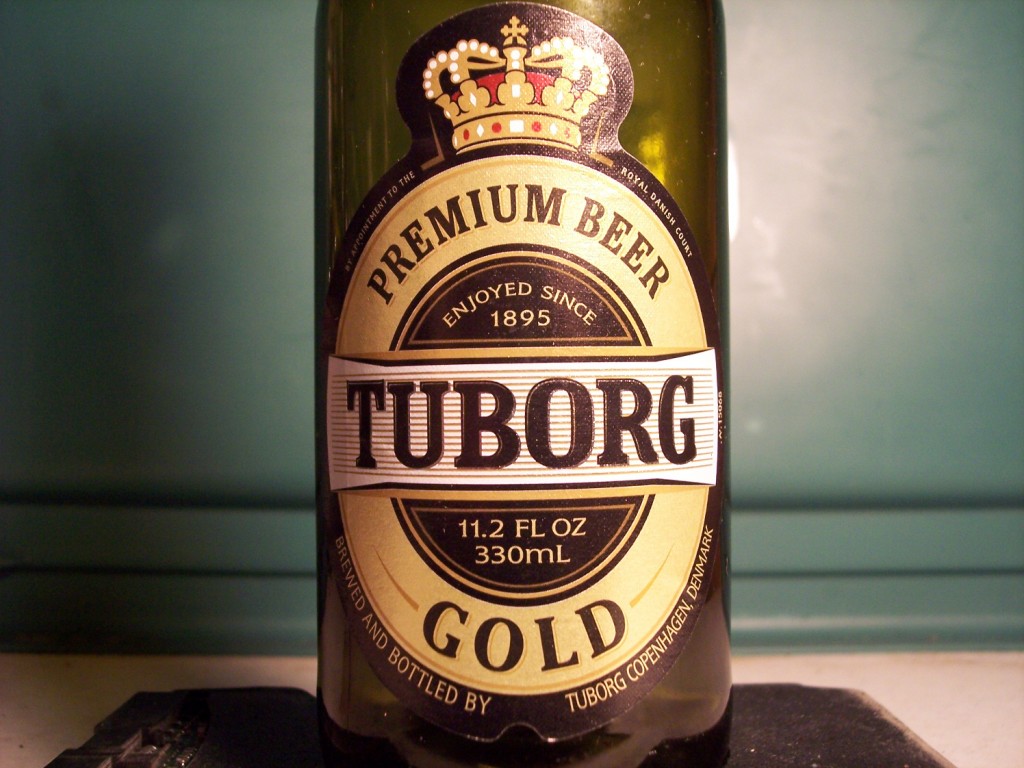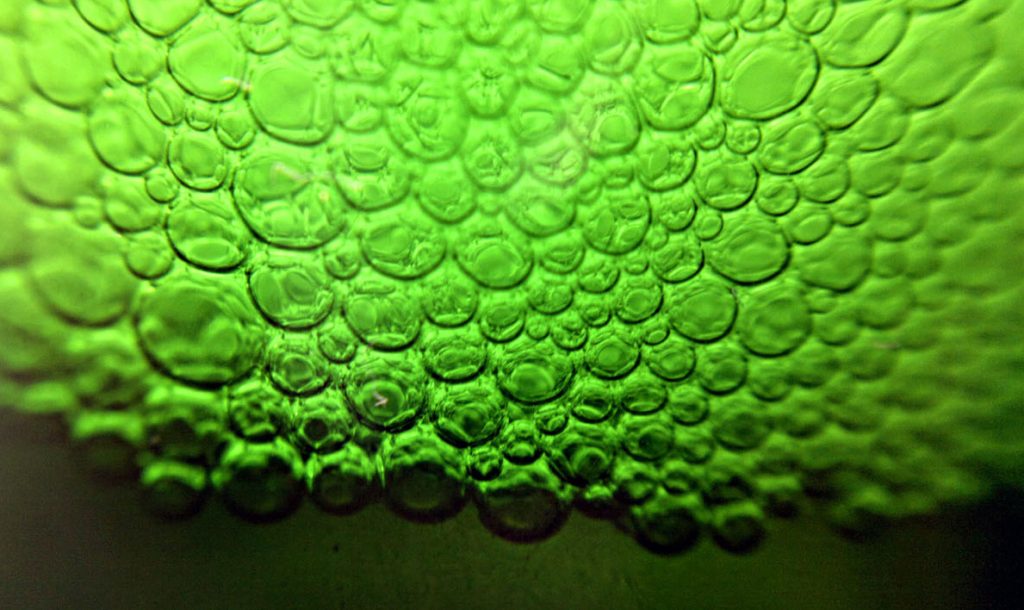
Change is brewing, and what’s brewing says a lot about the change to come, writes Luke Corbin.
Myanmar’s largest and richest city Yangon is undergoing glaring changes as a result of the country’s recent political and economic reforms.
Once rare, imported cars and smart phones have quickly become ubiquitous and new products of all kinds stock the shelves. In the world of beer, re-entrants and long-time competitors Carlsberg and Heineken are flooding the market, with their range of beverage brands now available at most convenience and liquor stores in numbers dwarfing local offerings.
Carlsberg in particular has developed a taste for tied houses — a drinking establishment that has an exclusive contract with only one beer distributor or brewery. It’s a common practice in the United Kingdom but rarer in other beer markets such as Australia or the United States, which prefer to “contract out” single taps. A tied house can generally still sell whiskey, rum and non-beer alcoholic beverages from other companies, but not beer.
Until recently most tied houses in Myanmar were contracted to the state-aligned Myanmar Brewery, still the country’s leading producer. Carlsberg is directly challenging this dominance by recruiting existing distribution outlets to its own brands: from middle class venues of conspicuous consumption to the more common neighbourhood beer station where everyone knows everyone and plastic chairs are liable to snap upon sudden movement.
What you drink at one of these tied houses can say a lot about you. Whether you choose genuine Carlsberg beer or one of the two subsidiary brands Yoma or Tuborg carries implications about your income, experiences, values and tastes. Each of these brands features different marketing; Yoma is pitched as the young working man’s beer, Carlsberg is the luxury European beer, and Tuborg is the fun music-lover’s beer. As is often the case, these product pitches are not entirely congruent with the actual average consumers.
I witnessed the cleavages and commonalities at one particular beer station in inner-northern Yangon. Its patrons include taxi drivers, pedicab cyclists, sailors, construction workers, lottery ticket sellers, bank tellers and public servants. All the drinkers observed lived nearby and were male, majority Buddhist, with a minority of Muslims and Christians. Most claimed to be Burman, with some others having South Asian or Chinese descent.
As a white Westerner dressed in a clean shirt and longyi, the expectation when I sit at this beer station is that I want to drink the most expensive beer on offer — the original, genuine Carlsberg lager beer. Brewed slightly up-country in the Pegu region, Carlsberg beer is available only in bottles at this tied house, adding to its exchange value and symbolic power. When ordered, the bottle is poured into a branded glass and then left empty on the table.

Only a handful of other drinkers at the tied house in question choose genuine Carlsberg lager. They are usually dressed in clean business clothes and stay for only one or two drinks. One Burman Carlsberg drinker explained his rationale to me.
“I like it because I am a seaman,” he said in English. “I’ve been to Singapore, Thailand, Vietnam, Malaysia.” This was considered enough of an explanation. I am worldly. My occupation is to travel, so I drink expensive, foreign beer over brands positioned as local and Burmese.
My fellow drinker did not employ the language of taste or price but instead appealed to notions of authenticity and cosmopolitanism. Carlsberg keeps him connected to the world when stuck on land between contracts.
For others Carlsberg lager is rejected as expensive, or at the very least, not good value when compared to Yoma, which is both cheaper and has higher alcohol content by volume. Yoma is also available on draught at the beer station, removing the drink’s identifying characteristics when delivered to the table. Yoma is by far the most popular beer at this tied house, with a range of reasons given for its consumption. Value and taste are common refrains, yet others conflate the brands completely.
When I asked one obvious Yoma drinker what he was drinking he replied, “Carlsberg!” When pressed he continued, “It is Yoma, but Yoma is Carlsberg. They are the same.” It is undeniably true that the genuine Carlsberg beer tastes rather similar to Yoma beer, probably perpetuating the myth that it is the same recipe packaged in different bottles. Tuborg is by contrast markedly sweeter than the other two Carlsberg brands.
It also appears to be rarely drunk by the working class. Tuborg, as I’ve written about previously, has been the site of some controversy for Carlsberg and the trouble continues. The drinking public is very much aware of this copyright stoush, appropriating the name of the singer Myoma Nein for the name of the Tuborg beer. If you order a “Myoma Nein” at a Carlsberg tied house, the proprietor will laugh and present you with a Tuborg. But at this particular beer station Tuborg’s infamy isn’t helping sales.
What do Yangon drinkers talk about once they’ve ordered their beers? Politics, of course! With so much at stake in the ongoing political transition there is much to speculate and argue about. Heated debates continue on the character of Vice-President Henry Van Thio and there is always much consternation on the country’s state of democracy and the “national character”. Some discussions can be close to violent.
One warm evening a Myanmar-Chinese drinker pointedly ridiculed an ex-Tatmadaw Burman for being in “Ne Win’s army”.
“Why (do) you fight (in the) Shan State?” was repeated again and again, to which the soldier could only reply he was doing his duty. “See, he can’t think (about) why. He only follows orders! In Ne Win’s army!” This embarrassed the veteran so much that his demeanour actively changed, he declared he was “military intelligence” and demanded my address – apparently for witnessing the incident.
Both parties drank Yoma.
The owner of the Carsberg tied house also shared her thoughts on the best beer in Myanmar with me. I was curious – would it be the expensive Carlsberg, paid for at cost price? The popular Yoma? The controversial Tuborg?
“Heineken,” she said.
In this way the humble tied house exemplifies the immense change taking place in Myanmar today, with a drinker’s choice of beer being representative of some of the larger choices and opportunities confronting Myanmar citizens – whether Yoma, Tuborg, Carlsberg or something more – Myanmar says cheers to change, and cheers to more.
Luke Corbin is a PhD candidate in the School of Culture, History and Language at the Australian National University’s College of Asia and the Pacific.
 Facebook
Facebook  Twitter
Twitter  Soundcloud
Soundcloud  Youtube
Youtube  Rss
Rss 